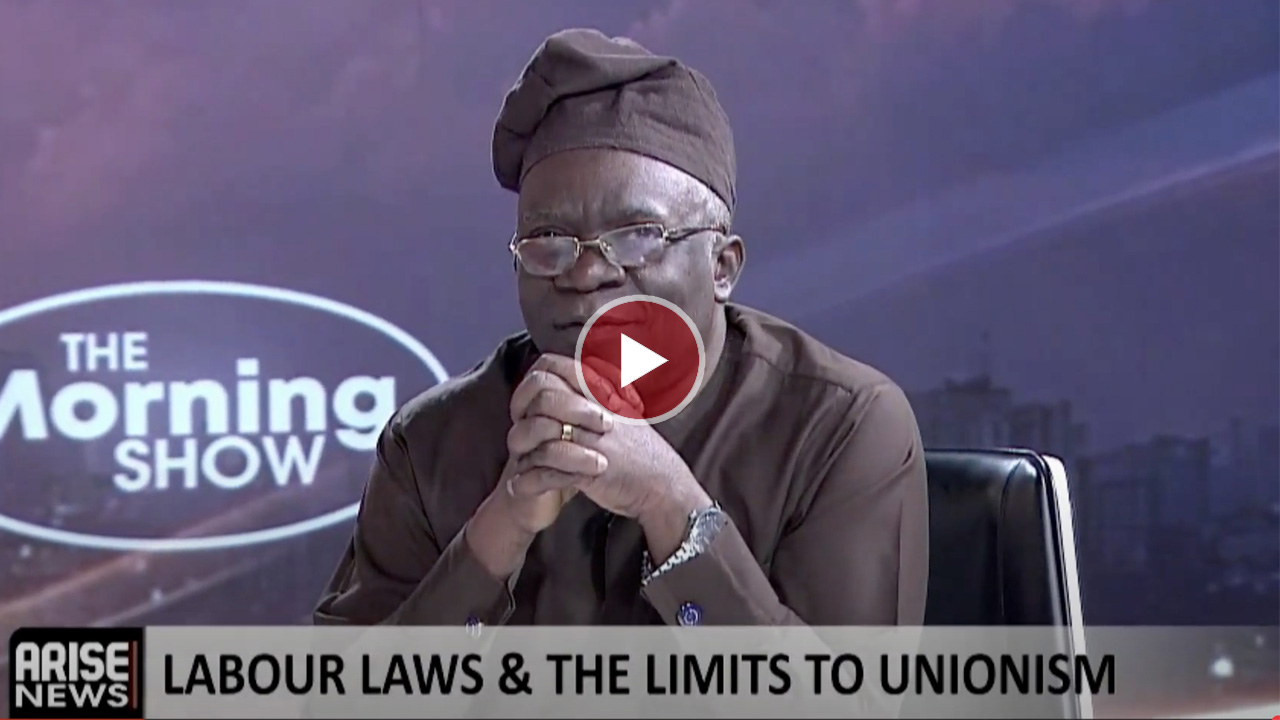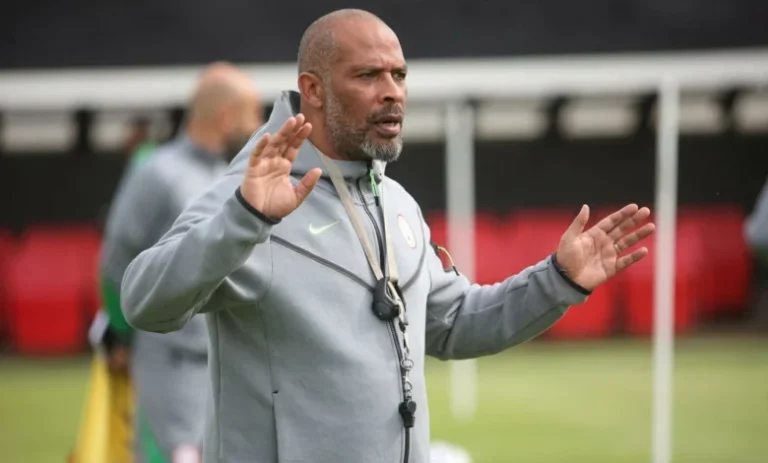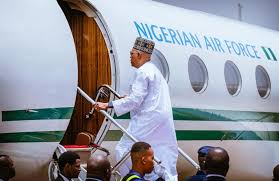
Lawyer and Senior Advocate of Nigeria, Femi Falana, has firmly defended the rights of Nigerian workers to unionise and embark on strike actions, saying the ongoing vilification of labour unions is legally unfounded and morally irresponsible.
Speaking In an interview with ARISE NEWS on Monday, Falana stressed that unionisation and collective bargaining are protected by both the Nigerian Constitution and international labour laws, particularly conventions Nigeria has ratified through the International Labour Organisation (ILO).
“Unionisation is allowed by law under the Constitution Section 40, freedom of association. “Nigeria is also bound by ILO Conventions 87 and 98, which allow unionisation as well as collective bargaining.”
According to him, the wave of recent strikes particularly those involving oil workers under PENGASSAN and NUPENG were not only legal but could have been avoided had the government acted promptly and responsibly. “The two strikes were avoidable,” he said. “The law is there to apprehend industrial actions so that you can have peace in the society. But when you allow workers to go on strike over matters that have been settled since the colonial days, then the blame lies with the government.”
Falana dismissed claims that the oil and gas unions were disrupting national security or deliberately sabotaging the economy, noting that the struggle for union rights dates back over a century. “Workers fought. The first union was born in 1912 before the amalgamation of 1914. It’s too late in the day to say we’re not going to allow unions.”
Addressing controversies surrounding recent mass sackings of workers in the oil and gas sector, Falana clarified that the dispute was not about the right to unionise but about the unfair treatment of workers. “What happened was a dispute, people were sacked and reposted into other units,” he explained. “Once you join any enterprise, under the law, junior workers are automatically entitled to union representation.”
He rejected attempts to frame the unions as economic saboteurs, arguing that such perspectives ignore the root causes of strikes, the refusal of employers and government to negotiate in good faith. “Strikes happen because the government and the employers did not take immediate action. Strike is the last weapon. It is used when employers refuse to respect the rights of workers.”
On the question of whether labour unions have become monopolistic and over-powerful, Falana said the law already defines sectors where unionisation is not permitted, such as the military and police. Even in those sectors, consultative committees are mandated to protect workers interests. “The Trade Union Act lists the services where unionisation is not allowed. However, subsection 2 of that same provision says that even if unionisation is prohibited, workers must be allowed to form consultative committees for the protection of their interests.”
He added that claims of union leaders becoming billionaires are unfounded and politically motivated. “I don’t know any of them who can say to be a billionaire. “What matters is that we must all operate under the law.”
“In 2005, the Obasanjo regime said the labour unions had become too powerful, so they decided to break them,” he said. “Today, because of the ruthless exploitation of workers in Nigeria, the NLC and TUC work together.”
Falana also emphasised that unions like PENGASSAN and NUPENG are cautious and responsible actors that only resort to strikes after exhausting all legal and institutional channels. “They won’t go on strike without any reason. “Given their critical role in the economy, the government must do much more to engage them and prevent strikes.”
He also called for meaningful negotiation between labour and employers, especially in profit-making enterprises. He pointed to international legal precedents that recognise workers as central stakeholders in the success of companies. “There was a case where a company was going to be wound up by its shareholders. “The workers filed an objection, and the Supreme Court of India held that even though workers are not shareholders, they contribute their sweat and labour to make the company succeed.”
Arguing that instead of cracking down on unions or attempting to suppress their rights, the government should engage labour movements in structured dialogue aimed at improving wages and conditions. “To allow unionisation is also to engage them. “Ensure wages are not too low. If you’re making profits, the workers should benefit. If you’re not, you put your books on the table.”
On the issue of check-off dues, Falana firmly rejected the idea that labour unions were profiteering at the expense of their members.
“PENGASSAN does not collect ‘pimpillion’ in check-off dues,” he said. “When they collect, it’s for the interest of the workers so that when members are sick or in distress, they can be taken care of.”
He concluded by urging both government and employers to treat unions as partners in progress rather than enemies of the state.
“It is too late in the day to say there should be no union in Nigeria,” Falana said. “Labour rights are not just legal formalities, they are rooted in Nigeria’s constitutional order and global labour standards.”
Erizia Rubyjeana



